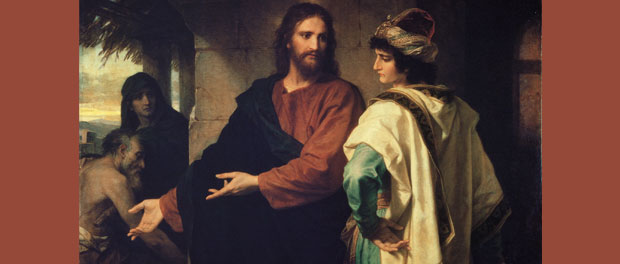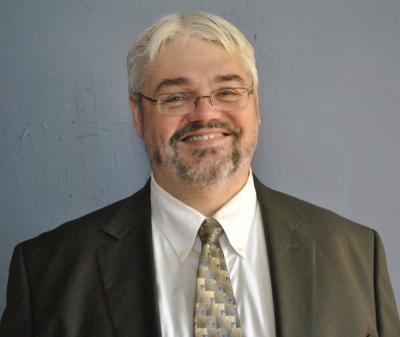
This is an excerpt from The Maker Versus the Takers: What Jesus Really Said About Social Justice and Economics, by Jerry Bowyer (New York, Fidelis Books, Post Hill Press, 2020.)
Jesus’s confrontation with the rich young ruler is probably the most cited episode in the Gospels on the topic of wealth. Unfortunately, it is often cited by people who want to use it as a cudgel in their own ideological war against the market economy and in favor of centralizing more power in the state.
As I mentioned in the introduction to this book, years ago when I hosted a daily radio program, a leftist listener called my show and tried to use this passage from the Gospels to attack me for my free-market views. She quoted (actually misquoted) that passage as saying, “It is easier for a camel to go through the eye of a needle than for a rich man to go to heaven.” That is a common misquote. The passage doesn’t say anything about going to heaven. It mentions entering the kingdom of heaven, which is a different matter.
But aside from that quibble, the use of that passage as an ideological weapon in the leftist cause is a serious misreading of the passage. Jesus offered that statement as a commentary on a confrontation He had with a man of the state, a rich young ruler. Right off the bat, it seems quite unlikely Jesus intended His words to be used to grow the power of the state when the man He had just confronted lived off his access to the power of the state.

Let’s take a closer look at the encounter:
And rising up, He went from there to the region of Judea.…He was setting out on a journey, a man ran up to Him and knelt before Him, and began asking Him, “Good Teacher, what shall I do to inherit eternal life?”—Mark 10:1, 17
Did you notice where this took place? It occurred almost immediately after Jesus entered Judea. Anyone who has read this far in the book will find it almost impossible to ignore the importance of this detail. Jesus (as well as Mary and, we’ll see later, Jesus’s brother — and Mary’s son — James) conforms with a clearly discernible pattern when it comes to offering economic commentary when in Judea, particularly in the environs of Jerusalem.
As I’ve said, Jesus does not confront wealthy individuals over their wealth while in His native Galilee (although He does confront His neighbors over other issues there). But as we see in this passage, almost immediately upon entering Judea, all that changes, and not coincidentally. This new tone toward the wealthy expressed while in the seat of political power is employed against a man who is explicitly revealed to be connected with that political power. Let’s look at Luke’s account:
And a certain ruler questioned Him, saying, “Good Teacher, what shall I do to inherit eternal life?” — Luke 18:18
What does “ruler” mean in this context? The original Greek says archon, which is the word used to describe a member of a government council. In this particular instance, it implies he was a member of the Sanhedrin. The Sanhedrin was the center of political, religious, and economic power. Sanhedrin members were typically from wealthy and influential families, often priestly, and during Jesus’s time, increasingly Pharisaical. Quite often seats were passed down through the generations, which explains a small and seemingly irrelevant detail of the text:
The young man said to Him,…—Matthew 19:20
Click here to read more.
SOURCE: Christian Post, Jerry Bowyer